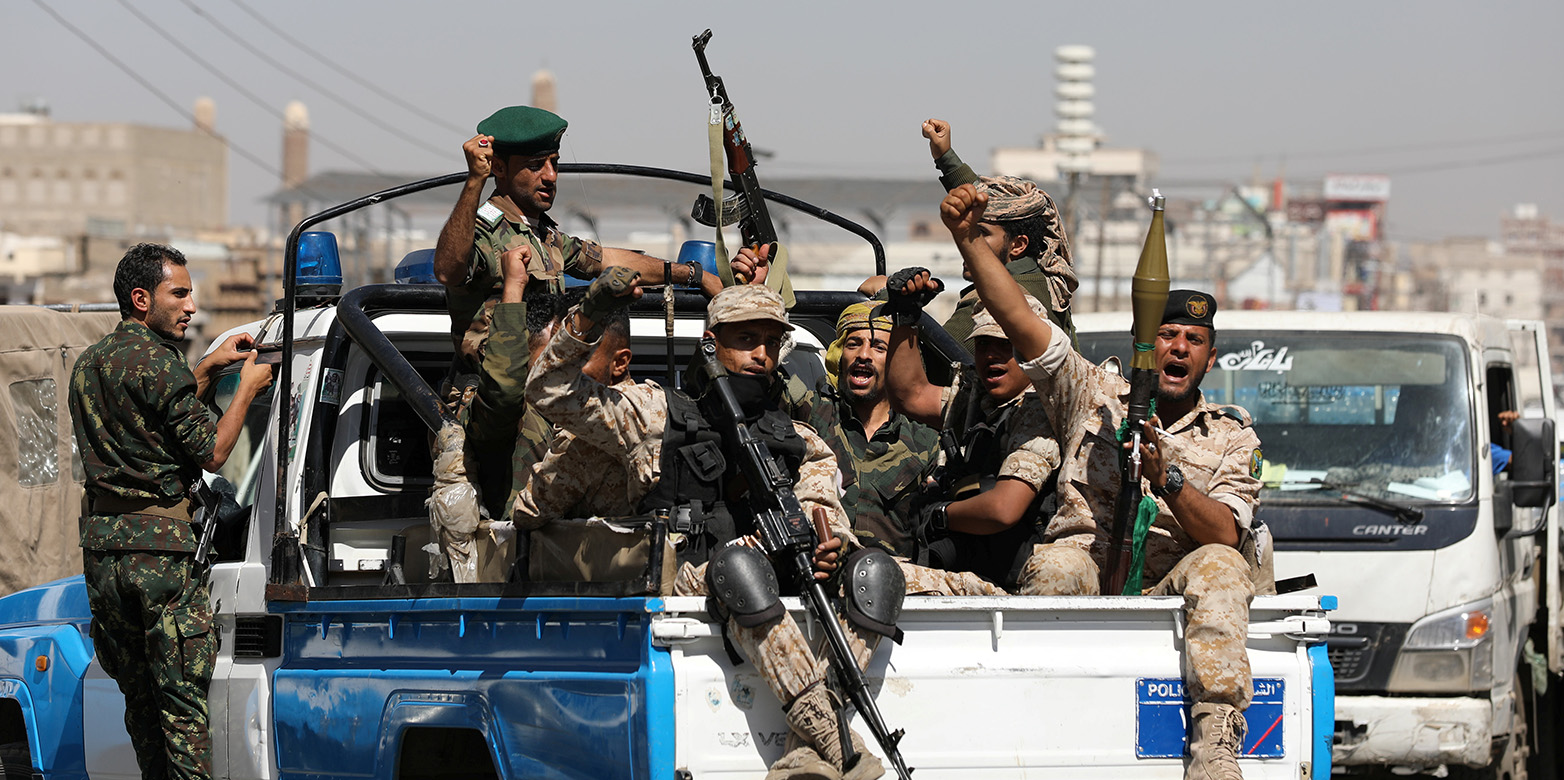Yemen – A Playing Field for Regional Powers
External powers have a key impact on what is happening in the war in Yemen, making the situation even more complex. Under its new president, Joe Biden, the US is strongly committed to ending the conflict. This remains a difficult task, argues Jeremy Guggenheim in this CSS Analysis. Even if the external actors were to retreat prematurely, Yemen would remain a divided country where different ethnic groups have a profound mistrust of each other.

In the Yemeni civil war, the Shiite group Ansahr Allah – commonly known as the Houthis – and the internationally recognized central government led by President Abdrabbuh Mansur Hadi are fighting each other. The Shiite militia is aiming to create an independent imamate in Yemen by means of its military offensive. The Houthis received support from Shia Islamic Iran. Its nemesis – Sunni Saudi Arabia – organized a coalition along with the United Arab Emirates (UAE) to bring President Hadi and his government back to power after he was ousted by the Houthis. The internal Yemeni conflict escalated into a Saudi-Iranian proxy war following a military intervention led by Saudi Arabia.